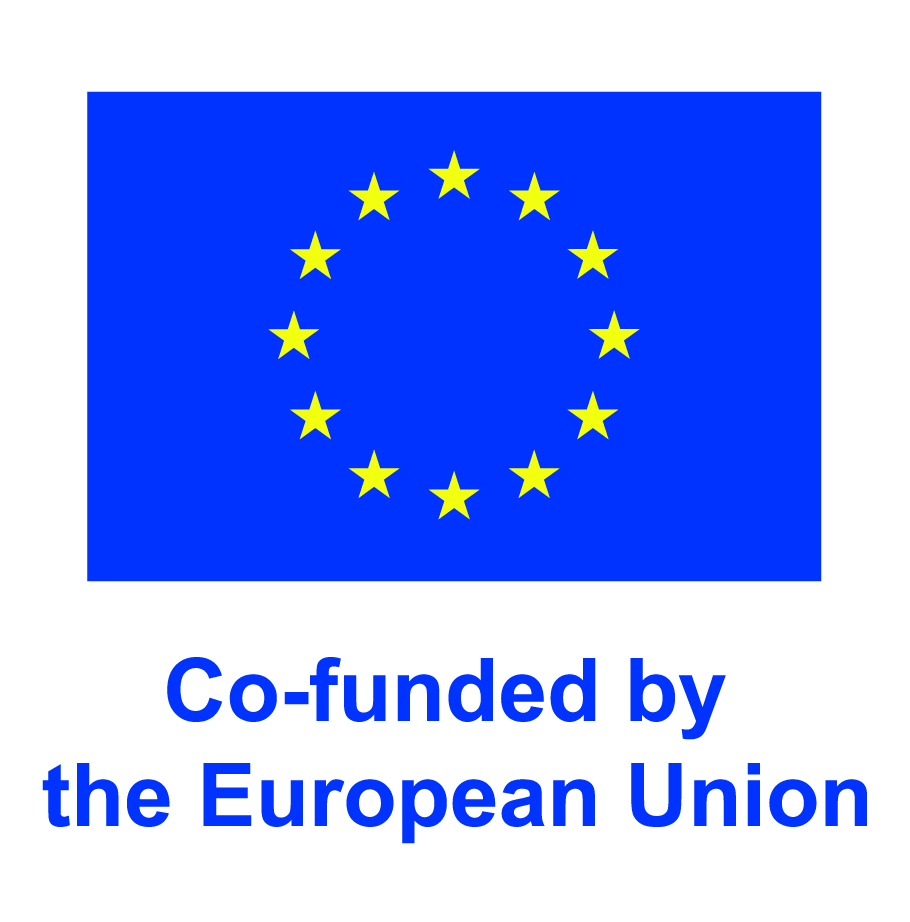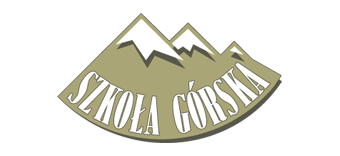
In Małopolska we work with European methods
informational and training conference
Q&A – questions and answers
Below are the questions, asked by our conference participants and the answers provided by our speakers.
Frequently asked questions and answers:
„Is it possible to present the above methods further to other NGOs and establish cooperation with veterans of the war in Ukraine who suffered from PTSD?”
Teresa Przybylska answers: Of course, yes. The main idea of the project is to maintain psychophysical balance always and everywhere. We address its effects to people who encounter problems and difficulties in this area. The method we have chosen due to its universality is practicing sport in the broadest sense of the word – sport for everyone. The goal we want to achieve is to include people with fewer opportunities in sport. Veterans of the war in Ukraine, suffering from various disabilities, including PTSD, certainly belong to this group. Working on the psychophysical balance of these people, using sports activities in various specialties, may bring the expected results.
„Whether and to what extent a similar type of activity is carried out in Poland (either in the production of equipment or the training itself). Aren’t we in Poland blocked by legal regulations for this type of activity…„
Andrea Borney answers: Training for the use of B.A.S.S. aids and GO TO SKI must hopefully be framed as a specialization of the figure of the ski/snowboard instructor due to the high technical skills that he requires, it is therefore not enough to be a good skier. The aids are not, in fact, simple accompanying tools on the slopes but are teaching aids and therefore require full knowledge of ski/snowboard teaching. The Nordic ski sled can, however, also be used by companions/volunteers due to the lower skills it requires. The aids cannot be produced in Poland because they are handcrafted and are constantly evolving, as well as being covered by a patent. The cost is around 3,000.00 euros for both and varies slightly depending on the child, junior and adult models and includes skis/snowboards which are permanently attached to the aid and are an integral part of it. A training course could be envisaged for future Polish trainers in which they would not only have to learn to use the aids but also acquire the skills to train Polish teachers in turn so as to no longer depend on non-Polish trainers. The training, lasting at least a week, with a final exam, could take place both in Italy and in Poland, on an adequate area served by chair lifts and not by ski lifts. The cost of the training is the trainers’ rate which is approximately €300.00 per day plus any expenses.
„Does the integration of people with special educational and training needs and people with the so-called standard norm have more advantages or disadvantages from the point of view of both sides?”
Andrea Borney i Loredaną Savoye answers: As underlined in my speech and in that of Loredana, there are only positive aspects and no negative aspects in the integration between people with and without disabilities in a sporting context. It is a mutual growth that also determines the cultural growth of society. To ensure that critical issues do not emerge, however, it is not sufficient to organize integrated activities, but the skills of sports technicians are required, who must know how to enhance all the people involved in the group context through adapted sporting activities built on the specificities of the group with which they work.
“How to cope with the loss of balance as we age?”
Jerzy Suchodoła answers: Loss of balance may have various consequences. From imbalance to loss of life. The group of exposed people is not uniform, it affects everyone: young, old, physically fit, it can happen to anyone, but a significant increase in risk is associated with advanced age. Degenerative changes, changes in muscles and their weakness are directly related to the loss of physical fitness. This is a picture of the aging not only of the musculoskeletal system, but also of the gradual degradation of the functions of all organs. The process is spread over time and progresses slowly, but with individual intensity it lets us know that it also concerns us. How to deal with loss of balance with age? The development and intensity of the changes will be slowed down by taking targeted physical activity. Our proposals that we will present at the conference on May 21 concern such tips that can be used individually. We will present in the form of short videos exercises that stimulate balance, but require regularity. Anyone who has similar problems will undoubtedly try it. Each of us is an individual case and you may want to suggest exercises best suited to your needs. Write to us, describe your problem, we will try to help.
“How long have you been dealing with these issues?”
Jerzy Suchodoła answers: I have been involved in physical activity professionally for about 50 years. Balance became my special interest after a car accident 25 years ago that resulted in a broken spine.
Questions about cooperation during the project implementation. Teresa Przybylska answers:
“When will it be possible to start collaborating on video creation?”
We invite you to cooperate between April 2 and May 17, 2024.
“What will it look like?”
Associated Partners (the official name of the cooperating persons, abbreviated PS) will present to the Project Team (ZP) their own concept of several or a dozen original (own) equivalent exercises. ZP will carry out a professional film session – recording and processing the film material, and then attach it to educational film materials under the common title „Keep your balance anytime and anywhere”. The materials will cover building, regaining and maintaining psychophysical balance in various sports and everyday life. We will prepare them in Polish and English.
Both the authors of the exercises and their demonstrators will be asked to consent to the recording and publication of their image and will have the right to put their own name and surname on the material.
“Where will the films be made?”
The videos will be created in the most appropriate location for the presentation of the exercise, mutually agreed by the PS and the ZP, and indicated by one or the other party.
„When can you apply for cooperation?”
At any time, the earlier the better – by e-mail (szkola@szkolagorska.eu) or by phone (601230460).
“Where will the videos be shared?”
Educational materials will be made publicly available on the Erasmus+ Project Results platform, available through the EU Financing and Procurement Portal, on the website www.szkolagorska.eu, on the EPALE platform and widely on social media (freely available on the Internet under open or open source licenses).
“How many people will be able to take part in creating materials as part of the collaboration?” “Who can collaborate on creating materials?” „Do people interested in cooperation have to meet any specific requirements?”
We don’t set any limits here. We invite anyone who presents an interesting idea.
“When will the first collaboration videos appear?” “Will it be possible to see the materials created during the collaboration or try them out?”
We will present the first video materials from the cooperation during the conference „Małopolska includes people with fewer opportunities in sport” on May 21, 2024. We will also ask the participants of this conference for comments on the videos and possible suggestions.
“Will it be possible to collaborate remotely?”
Yes. We can discuss all issues remotely. If the collaborating person (PS) is able to record a technically good film, he or she can send it to us and we will prepare it, also in terms of translation into English.
“Will it also be possible to appear in person at the next conference?”
Yes. The conference „Małopolska includes people with fewer opportunities in sport” will be held in the same hybrid formula on May 21, 2024, between 5:00 p.m. and 8:00 p.m., and the stationary form will be held in the same place, in the conference room of Folwark Stara Winiarnia. street Ogrodowa 2, 34-730 Mszana Dolna.
“Couldn’t we do more conferences like this?”
Unfortunately, only two conferences fit into the conference budget. However, if there is such a need and readiness, we will think about another project.


